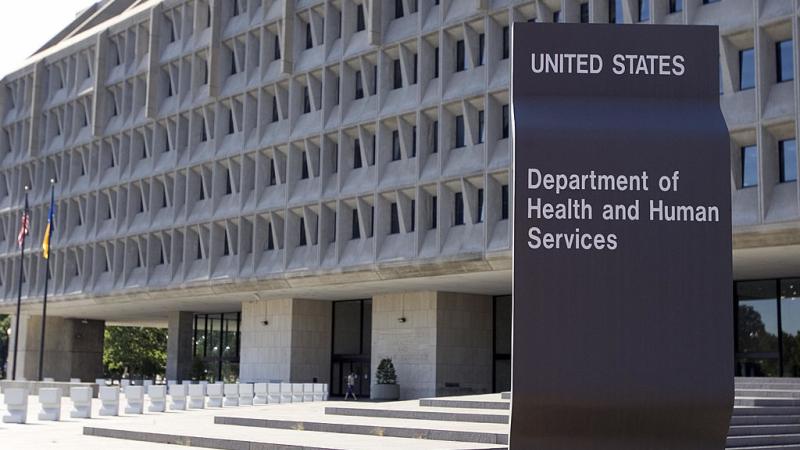Deposits shrink significantly in smaller banks after the Silicon Valley Bank collapse
Borrowings at small banks increased by $253 billion last week, and large banks reportedly increased borrowing by $251 billion.
Bank deposits in smaller, local banks have dropped significantly after the Silicon Valley Bank collapse that happened earlier in March, according to Reuters.
Silicon Valley Bank collapsed after it couldn't meet a massive run by depositors who took out tens of billions of dollars in just a matter of hours.
Part of the reason for the significant drop in deposits is the uncertainty over how many and which banks the FDIC will provide unlimited insurance for their depositors, even those in excess of the legal standard of $250,000 that is guaranteed for all depositors in U.S. regulated banks.
Deposits at small banks, defined as all but the largest 25 banks, fell $119 billion to $5.46 trillion last week.
This was more than twice the previous record drop and it was the biggest decline as a percent of overall deposits since March 2007.
"As a result, small banks had $97 billion more in cash on hand at the end of the week, suggesting that some of the borrowing was to build war chests as a precautionary measure in case depositors asked to redeem their money," Capital Economics' analyst Paul Ashworth wrote, according to CNN.
Borrowings at small banks increased by $253 billion last week, and large banks reportedly increased borrowing by $251 billion.
Fed Chair Jerome Powell said earlier this week that deposit flows in the banking system have stabilized overall.















